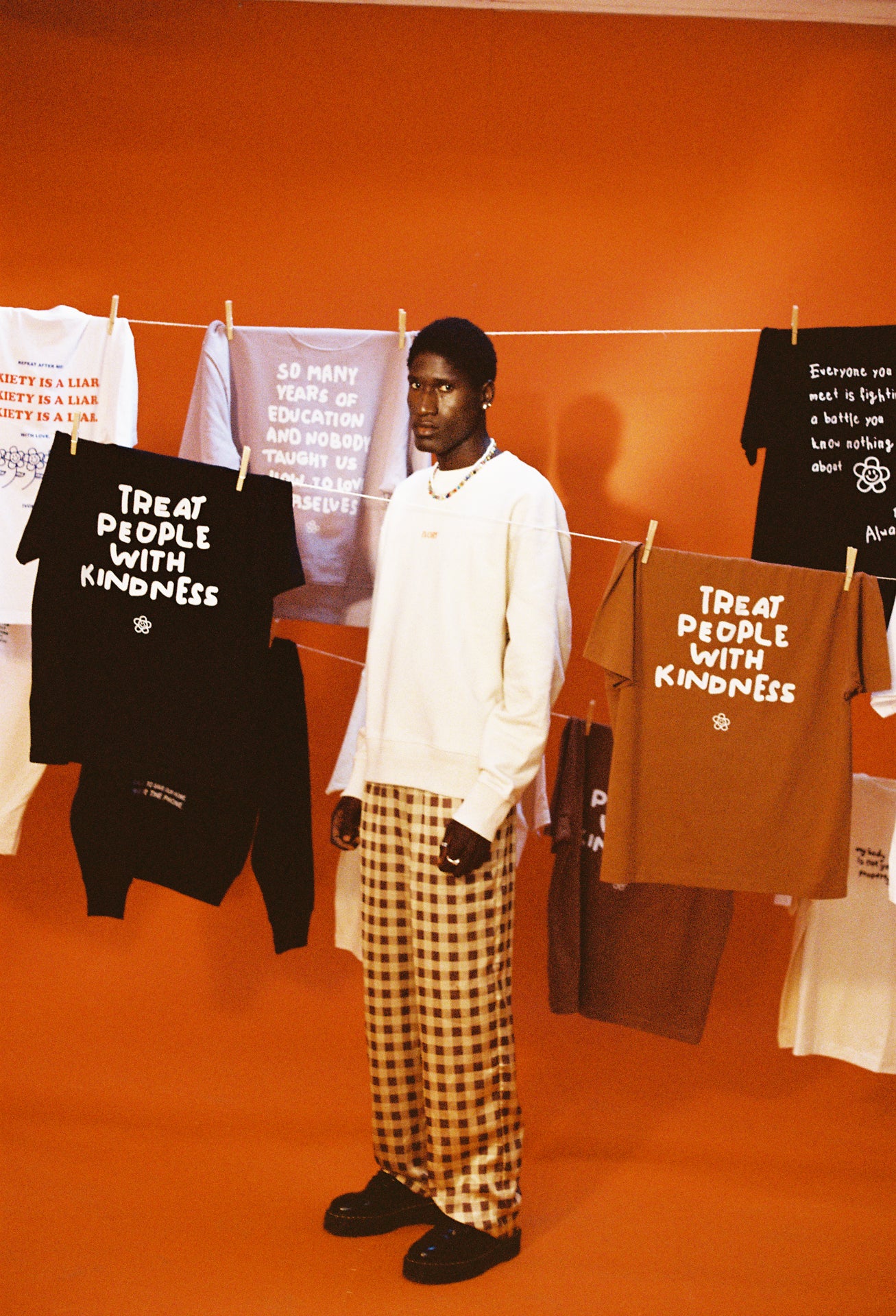Over the past few decades, the rapid expansion and exponential evolution of new technologies have become evident, and the use of technology in psychological practice is now a developing professional reality. Nowadays, the ease of accessing the internet via a computer, smartphone, or tablet allows us to schedule an online psychology consultation with a psychologist. But before exploring how online therapy works, along with its advantages and disadvantages, let's first understand what psychotherapy (commonly referred to as therapy) involves.
According to the various Psychotherapy Associations and the Portuguese Psychologists' Association (OPP), psychotherapy is an ethically informed psychological treatment, based on scientific principles that are theoretically framed within the context of the therapeutic relationship. Its purpose is not only to alleviate psychological suffering but also to promote personal development and well-being, enabling individuals to make more free and conscious choices.
Psychotherapy is a psychological intervention and a specialization acquired by some health professionals, including clinical psychologists and psychiatrists. There are different models and theoretical orientations and, therefore, several psychotherapeutic approaches, including Cognitive-Behavioral Therapy, Humanistic or Client-Centered Therapy, Systemic Therapy, Psychoanalysis, and Psychodynamic Psychotherapy. To assist us as beneficiaries of this service, the therapist may use one or more approaches.

Therapy is for everyone. Regardless of age, gender, or other characteristics, and can be conducted in various formats: individual, group, couple, and family.
Online therapy, like face-to-face therapy, is effective in reducing psychological distress, such as anxiety, depression, burnout, stress, traumatic experiences, sexual disorders, addictions, and substance use disorders (e.g. psychotropic drugs, alcohol, drugs), eating disorders, phobias. Moreover, it helps to develop skills to overcome challenges in personal, family, or professional life, and to improve relationships with others and ourselves. The benefits of therapy persist even after the therapeutic process has ended.
Based on collaborative dialogue, therapy is a relational process co-constructed by the therapist and us, aiming for the creation of new meanings. It is the new relationship - the dialogue between psychologist and client - that incites, shapes and modulates transformation, and that induces, sustains, and projects change, with each of us being primarily responsible for the change we wish to see in our lives.
The practice of online therapy follows the same principles as face-to-face therapy. In online psychotherapy, from a distance and through a screen, the psychologist will talk to us about informed consent, trying to clarify the recording of the information obtained, confidentiality and data processing, explaining the procedures and limitations of the platform used for consultations, as well as billing issues and the means of payment for the services provided.
The advantages of online therapy are evident in its greater accessibility and flexibility, cost reduction and time saved on travel, no geographical barriers, and adaptability to different contexts. We can schedule an appointment with a psychologist based on mutual availability, without needing to leave our home, regardless of our geographical location. Nowadays, a quick internet search easily finds a psychologist available for online sessions. An example of this is Ivory Therapy, a platform that features several certified clinical psychologists available for therapy sessions in various languages and, of course, with great scheduling flexibility.
But how does online therapy actually work?
Online therapy takes place through synchronous video sessions with the psychologist. Just like it would be in a face-to-face office setting, but in online therapy we don't meet in the same physical space. Typically, the sessions last between 50 to 60 minutes, during which the psychologist's attention is focused on our needs and the content we bring to the session.
Throughout the online sessions, we will gradually establish a therapeutic relationship with the psychologist - based on trust, setting boundaries, sharing, and authenticity - which will form the basis of the therapeutic process. In an open dialogue with the psychologist, we can express our fears, emotions, anxieties, traumas, desires, fantasies, and feelings. The therapist will listen to us without criticism or judgment.
Some people may worry about not being understood or feeling unwelcome in an online consultation. However, during a video call, sensory information, facial expressions, distress, movements, sensations, and emotions are captured, allowing non-verbal expressions to be equally present. Moreover, professional confidentiality is maintained, which means we can say and express whatever we want, as the conversation remains between us and the psychologist.
It should be noted, however, that the OPP recommends that people with severe depression, suicidal risk or psychotic episodes should first be followed up in face-to-face therapy and then benefit from online therapy, as their situation improves. Online therapy is particularly advantageous for individuals with agoraphobia.
Additionally, there is an asynchronous modality of online therapy, known as online psychological counselling. In this format, we communicate with the therapist through messages, emails, forums/chats, without being simultaneously connected by video. This format is becoming increasingly common these days, though scientific studies on the effectiveness of this clinical practice are still lacking.

So, when we feel ready to start online therapy, first, we need a technological device with internet access - be it a computer, tablet, or smartphone. Next, it's important to create a therapeutic environment, that is, a space where we feel welcomed and respected by the therapist. Ideally, this should be a quiet and private space, where we are alone and can ensure there will be no distractions or interruptions. Access to high-quality internet is crucial, and good lighting completes the therapeutic setting. Using headphones can make us feel closer to the therapist and improve sound quality. Once these conditions are met, we can easily begin the therapeutic process. How? With whom? Through a quick online search, we can easily find a certified psychologist.
Ivory Therapy has a diverse team of psychologists with an open and available schedule that simplifies booking to just a matter of minutes. The article “How to find a good psychologist?” offers some strategies for this search.
In summary, it's important to remember that:
1) we can start therapy at any age or stage of our life;
2) we are just a few clicks away from beginning the therapeutic process;
3) we can schedule an online consultation from anywhere in the world with a certified psychologist;
4) the psychologist will help us deal with our emotions, feelings, sensations, or suffering;
5) the screen does not have to be a barrier to connecting with the psychologist.
In the therapeutic relationship, we can openly talk about ourselves, others, and the world around us (without criticism or judgment), discover new traits, and skills, and develop our free will.


















